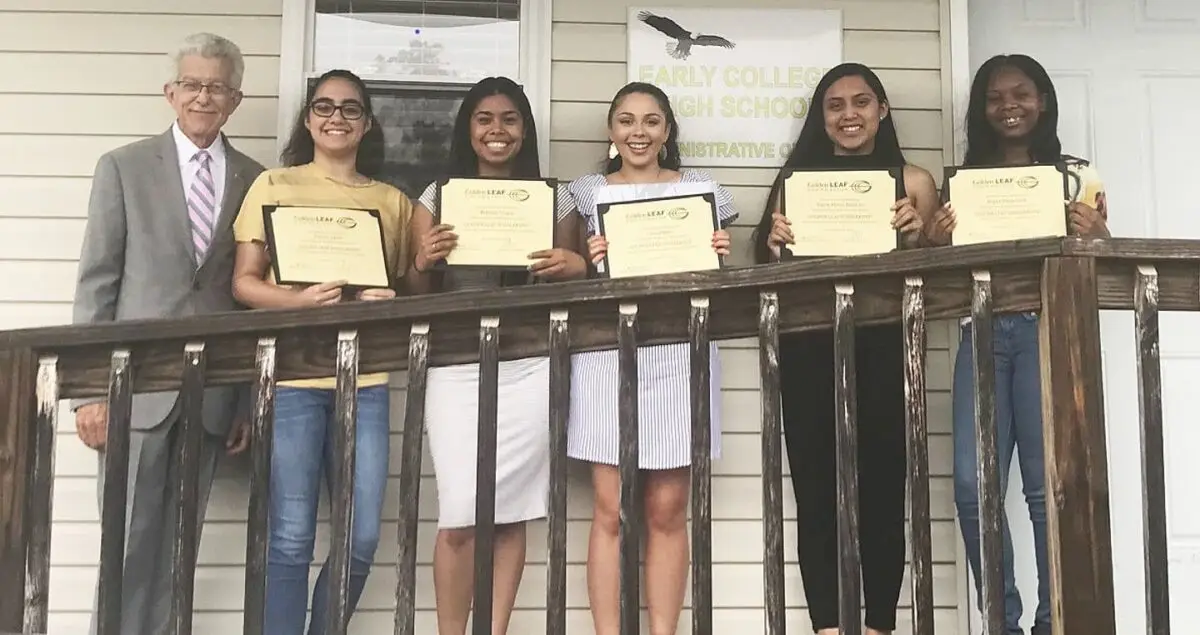Golden LEAF Scholarship Program enhanced to increase access to workforce training and education in rural communities
The Golden LEAF Foundation awards funds to provide scholarships for both high school and community college transfers entering a four-year college or university in North


